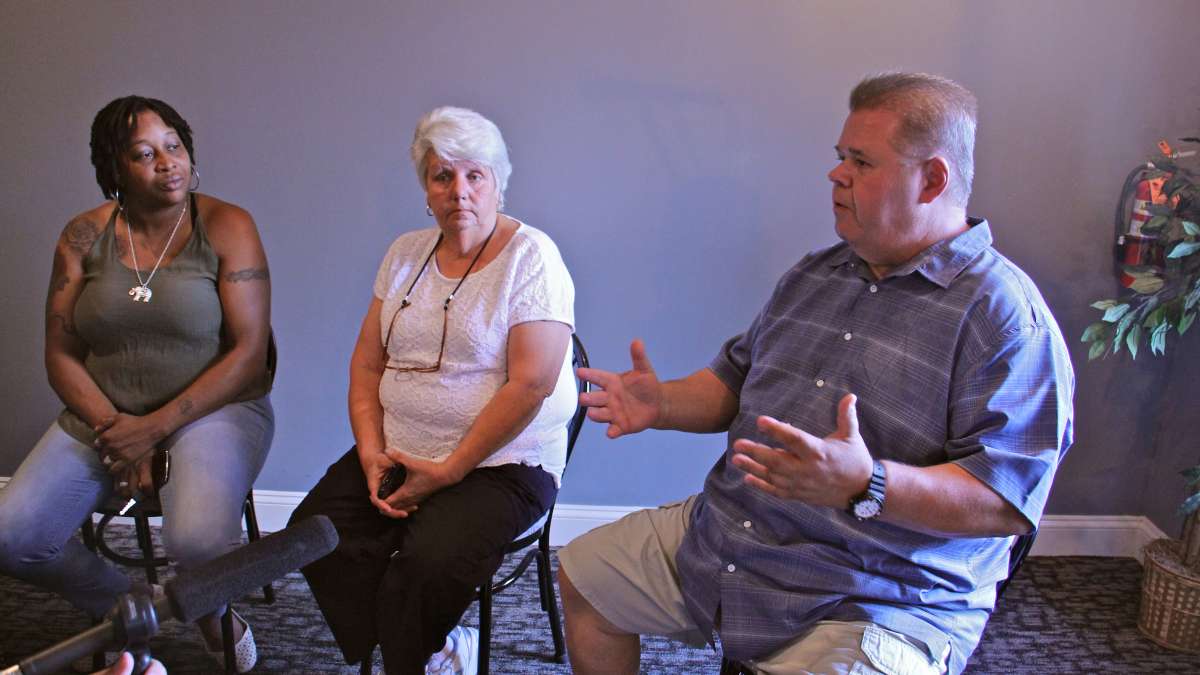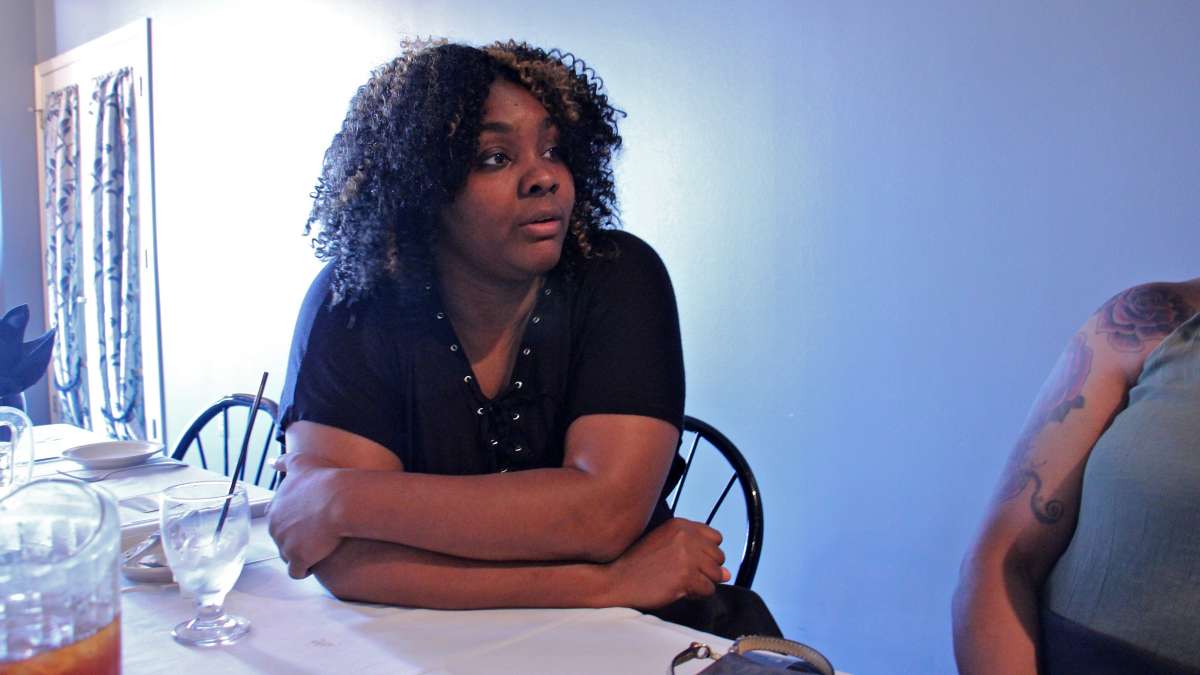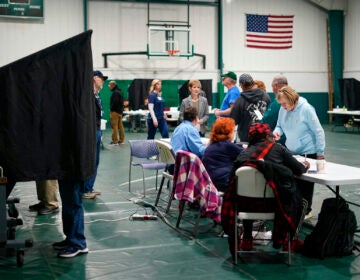Over dinner, Paulsboro residents dish on N.J. politics and politicians [photos]
ListenA few weeks ago, we asked five Paulsboro, New Jersey, residents to discuss politics over ravioli, roast pork and cannoli at Nino Gervasi’s Restaurant.
The dinner was part of a statewide reporting collaboration called Voting Block, in which news outlets across the state are reaching out to residents ahead of New Jersey’s gubernatorial election in November.
“They promise you the world,” said Len Curtis, who has lived in Paulsboro for 35 years, “and you get nothing.”
Curtis did not have a high opinion of the two candidates running to replace Gov. Chris Christie: former Goldman Sachs banker Phil Murphy, a Democrat, and Republican Lt. Gov. Kim Guadagno.
But he expressed despair about the political system generally.
“They used to say, ‘get out and vote if you don’t like the person.’ I don’t believe even going out and voting today works. I really don’t,” Curtis said. “It just seems like this is a very corrupt state. It seems like everybody’s in cahoots. And, like I said, you get thrown the crumbs, and you should be glad you’re getting what you’re getting.”
Paulsboro teacher Erica Scott said she thinks most politicians do not actually care about solving problems but just want to appear to be seeking solutions for the public. “I see Band-aids,” she said. “Meanwhile, the sore is never being properly healed.”
In Paulsboro, dim economic prospects have spurred a dip in home ownership and a feeling among residents that crime is on the rise. One in three residents lives in poverty.
Even the town’s most high-profile economic development achievement in recent memory — opening the Port of Paulsboro — has left residents feeling disenfranchised.
“The port was a big idea. The port was going to bring us some money. But you know what else they’re doing with the port? Finding a back entrance into the town,” said Christa Cooper, a lifelong resident of the blue-collar town of 6,000.
Cooper said workers and shipments arriving at the port will not have to come through town, throwing some cold water on public promises that the port would lead to a development boom.
“They fixed up some storefronts and everything, making it more appealing. You really thought that you were about to see something happen because the port was opening. But … they don’t have to come through this little town,” Cooper said. “You can avoid it at all costs. And with everything that’s going on in this town, avoiding it is, like, a good idea.”
Although Cooper feels disillusioned with politicians, she has tried to become more engaged in local politics. She said she questioned Mayor Gary Stevenson during his 2015 campaign. “He gave me some answers before he won, and then he showed me some results after he won,” she said. “That was important to me.”
But having some faith in local politicians didn’t translate to confidence in state leaders for any of the neighbors.
“I just feel like I’m voting because I have the right to vote,” Erica Scott added. “I’m not going in feeling confident that anybody’s going to make a difference.”
WHYY is your source for fact-based, in-depth journalism and information. As a nonprofit organization, we rely on financial support from readers like you. Please give today.









